Larbi Ben Barek
Nicknamed ‘The Black Pearl’, Larbi Ben Barek was one of the very first African players to make football history.
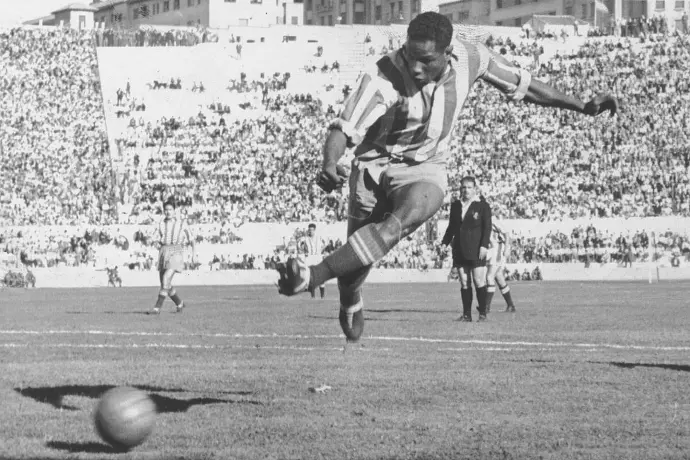
All-time Statistics
Trophies
Goals
Games
1934/35 IC Marocaine (MAR)
1935/38 US Marocaine (MOR)
1938/39 Olympique de Marseille (FRA) 32 matchs, 14 goals
(French League 1 : 30 matchs, 11 goals)
(French Cup : 2 matchs, 3 goals)
1939/45 US Marocaine (MOR)
1942/43 Wydad AC (MOR) 4 games, 2 goals
1945/48 Stade Français (FRA) 103 matchs, 56 goals
(French Ligue 1 : 62 matchs, 31 goals)
(French Ligue 2 : 25 matchs, 17 goals)
(French Cup : 16 matchs, 8 goals)
1948/53 Atlético Madrid (SPA) 125 matchs, 61 goals
(Liga : 113 matchs, 56 goals)
(Copa de Espana : 12 matchs, 5 goals)
1953/55 Olympique de Marseille (FRA) 39 matchs, 18 goals
(French Ligue 1 : 32 matchs, 13 goals)
(French Cup : 6 matchs, 5 goals)
(Charles Drago Cup : 1 match)
1955/56 USM Bel-Abbès (ALG) 37 games, 17 goals
1956/57 FUS Rabat (MOR) 39 games, 19 goals
With the National Team (France)
17 caps, 3 goals
(Friendlies: 17 caps, 3 goals)
1st international : 4 December 1938 against Italy (0-1)
Last selection: 16 October 1954 against West Germany (3-1)
With the LMFA (Morocco)
3 caps
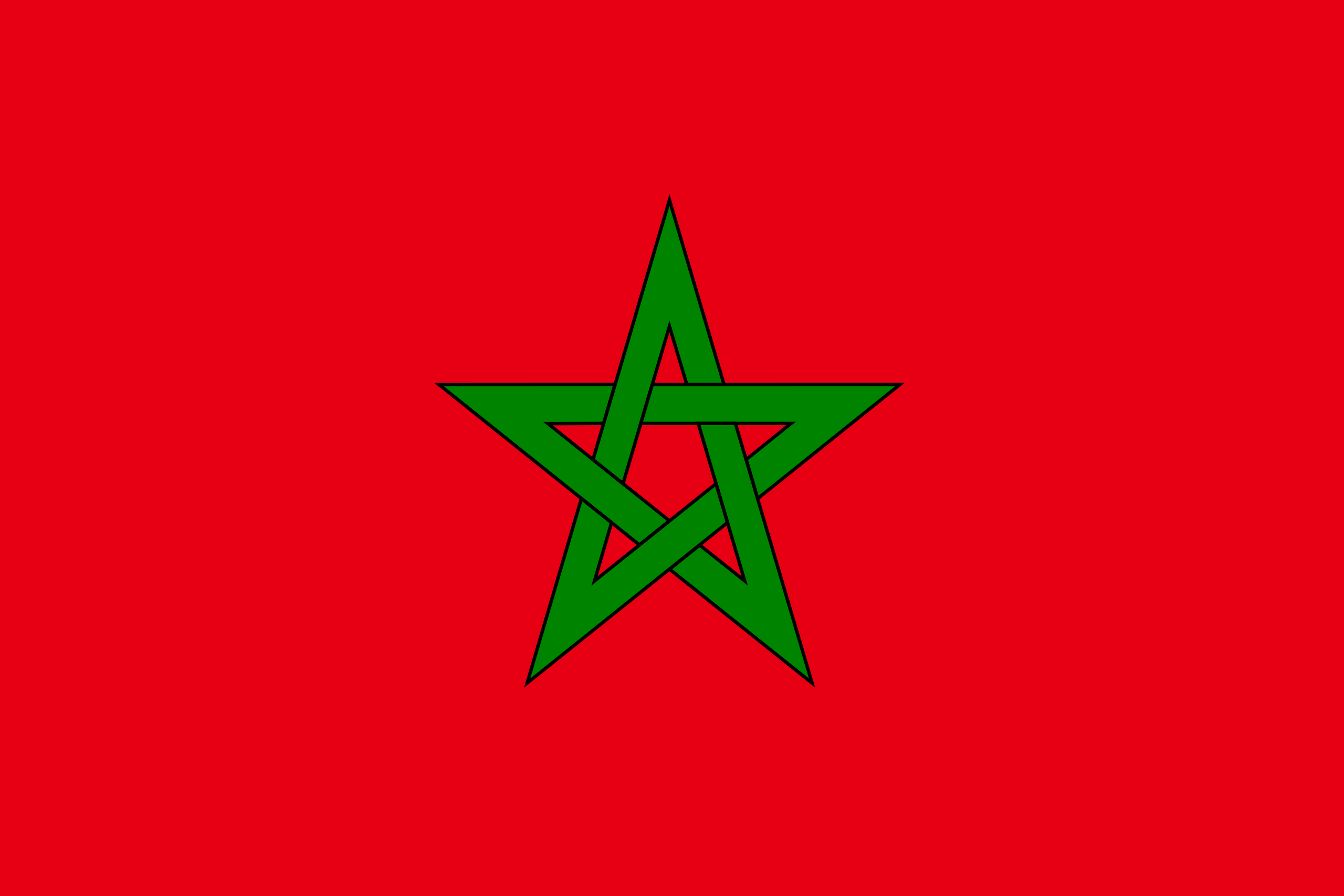
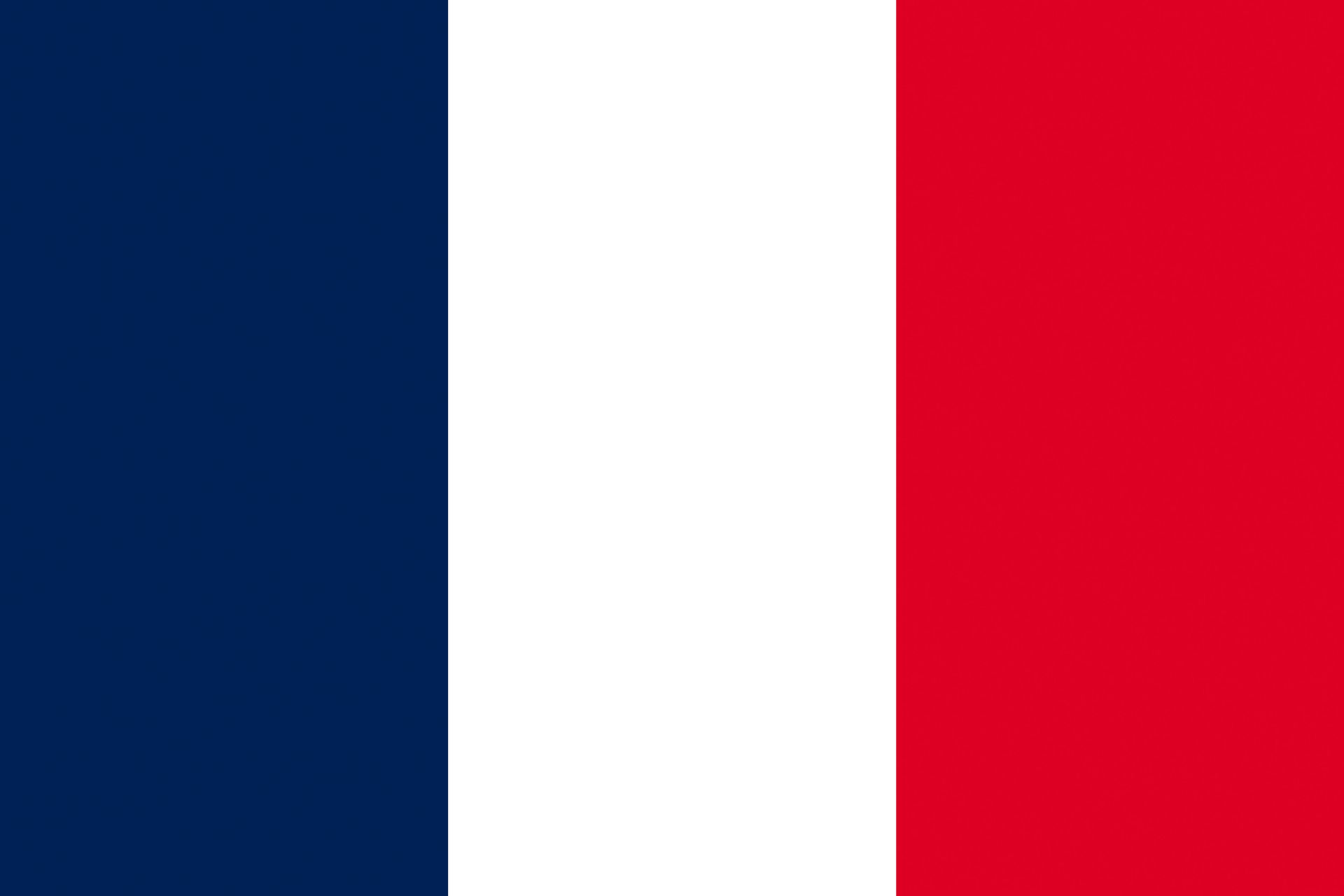
Abdelkader Larbi Ben M'barek (العربي بن مبارك)
Born on 16 June 1917 in Casablanca (MAR)
Died 16 September 1992 in Casablanca (MAR)
Moroccan/French, Attacking-midfielder/Right-winger/Second Striker, 1m78
Nickname: The black pearl
Football as a passion
Larbi Ben Barek, born on June 15, 1917, in Casablanca, was the son of a ship repair worker and faced the hardships of orphanhood at a young age. He attended school and traversed the dusty roads from the old Medina street to his neighborhood in Ferme-Blanche. These paths, often converted into impromptu football fields, were where he and his classmates—Abdallah Ben Fatah "Didi," Abdelkader Hamiri, Kadmiri Ben Mohamed, and Cerdan—engaged in epic battles that would become the stuff of local legend.
He dreams of joining in those flights of fancy, yet the maternal advice and the prohibition from his elder brother, Ali Ben Taïeb, who provides for the family's needs through his work, stand in his way. But only for a while. Faced with the fervor of a heated match, Larbi's resistance soon falters. He surrenders to the allure of the small rubber ball, starting his journey in an odd field marked by a stone and a colorful chéchia as goalposts. In 1931, at the age of fourteen, Larbi is a tall, slender teenager, strong and muscular, already capable of earning his keep. He works as a carpenter at Avaros Canelle, honing his craft and building his future.
The beginning of a long story
He rides his bike, honing his sprinting speed, sparring with his brother, yet his decision is firm: he aspires to be a footballer. Alongside friends, including Didi—who would later carve a path in the ranks of Racing in Paris—within neighborhood teams like "Ouatane Football Club," on the first real pitch rented from a bank, Larbi already plays as an inter. He's advised to take on the role of a winger.
At the age of seventeen, he joins l'Idéal, a humble Division II club whose stars, before Marcel Cerdan's arrival, were Lopez "Narcisse," the future brother-in-law of the "bomber," Navarro, and Abdelrahman.
In his inaugural match with Idéal, Larbi faced a formidable opponent, the Moroccan Sports Union (USM), a leading team in the North African championship that graciously agreed to a friendly game with the relatively unknown squad. Eschewing traditional cleats, Larbi played the match in simple slippers and managed to score two goals against the USM's heavyweights. Thanks to the contributions of this new player, Idéal climbed up the rankings. Initially a winger, Larbi transitioned to playing as an inside forward and eventually as a center half.
The year 1935 marked a pivotal moment in his career. During a Cup match, Idéal narrowly lost to the Moroccan Racing Club. The following day, "Le Petit Marocain" newspaper was effusive in its praise for Larbi Ben Barek. This caught the attention of the national team selectors, who promptly made their interest known.
The best player on the continent
To secure a meeting with Oran, he was appointed as an alternate. Subsequently, at the season's end, the USM executives made their appearance. They proposed a job as a gas pump repairman, offering a daily wage of twenty francs from that era. Larbi agreed to the terms.
The commitment was honored, yet the strict regulations required Ben Barek to spend his first season in the reserves. Fortunately, his outstanding performance there led to his selection for the Moroccan team that faced Oran, narrowly losing with a score of 0-1.
In April 1937, Casablanca welcomed the French "B" team. The home country triumphed with a score of 4 to 2, yet the headlines in the newspapers proclaimed: "Ben Barek, the finest of the 22."
A few days later, Jozsef Eisenhoffer, the Hungarian coach of Olympique de Marseille, arrived in Casablanca with specific offers in hand. During that era, OM was tapping into the North African talent pool. Players like Zatelli, Bastien, Rabih, Ben Bouali, and Zermani were the backbone of the team. Advised by his brother, Larbi entered into negotiations. He demanded a signing fee of 30,000 francs and a monthly salary of 3,000 francs. However, the discussions did not come to fruition. This turned out to be a blessing for USM, which went on to win the local title and then the North African Championship in 1937-38, defeating the Joyeusetés of Oran with a score of 4-1.
A new adventure
Marseille re-enters the fray with determination. Larbi raises the stakes to 35,000 francs. The urgency is palpable as Olympique de Marseille swiftly agrees, especially since Red Star from Saint-Ouen has put forth an offer of 55,000. The deal is sealed with USM, which secures a sum of 9,000 francs for themselves. Thus begins the journey into professional endeavors.
At first, Larbi Ben Barek was looking for himself. Finally, he will play inside left. His style, both spectacular and effective, thrilled the crowds. His reputation is growing every day.
In June, when it is the last day of the championship. OM are favourites and Larbi dreams of his first title. Unfortunately, during the final match against Strasbourg, he injured his head in a collision with an opponent. He resumed play but OM lost (0-1).
The jewel of the French National team
On June 15th, Larbi set sail for Casablanca, his luggage brimming with memories and a wealth of experience: he had risen to the rank of vice-champion of France and had earned international recognition. His inaugural selection dates back to December 4, 1938, in a challenging match against the reigning world champions, Italy, in Naples, which concluded with a narrow 0-1 defeat. His second appearance was on January 22, 1939. It was on the slick turf of Parc des Princes in Paris, where they faced Poland. Ben Barek, with his cunning play, was instrumental in scoring three of the four goals that sealed the French team's dominance. On March 16th, a draw ensued (2-2) against Hungary in Paris, and on May 18th, he played a pivotal role in France's victory over Belgium (3-1).
Back in Marseille before the opening of the 1939-40 season, Larbi again showed his qualities and played four friendly matches. However, the championship did not take place, and war broke out.
Larbi returned home and returned to service with USM, which won the title four years in a row and won the North African Cup in 1942.
Finally the war ended, training courses took place under the direction of Helenio Herrera, Larbi Ben Barek who now had a family became involved, but after careful consideration, he decided to return to France, to the Stade Français. He shattered all the transfer records of the time, he was bought for a million francs. All the press was on the table when he arrived in France. Thanks to him, the team is transformed. The club has been doing one exploit after another. In Paris and in the provinces, it breaks the records for revenue. The clubs visited read their posters: "Ben Barek and the Stade Français". The goal was reached at the end of the season. The Stadium, thanks to its collective spirit, its youth and its vitality and the exploits of Larbi, obtained the right to access the 1st division. In the French 1st division, the opponents are more solid, the technical level higher. The personal exploits of Ben Barek and his Hungarian colleague Nyers are not enough. The team struggles to convince. Coach Herrera is sacked.His replacement Bunyan also failed. Herrera is recalled. Ben Barek regained his enthusiasm and played a decisive part in the subsequent successes of the Stade which climbed up the table.
The french leader
His teammates for club and country admire the player as well as the man. Less than a month after his return from Morocco, Larbi set off on December 6, 1945, for a French expedition in Vienna. Unfortunately, the trip went badly, exhausted and sick, he was not very operational at the kick-off of the match. The Tricolores were overwhelmed (1-4). On 15 December, during a match against the Belgians, Ben Barek once again put in a bad performance.
It was not until 7 April 1946, during a France-Czechoslovakia match that Larbi regained his form and confidence. He was sparkling, and he scored one of the three French goals. A week later in Lisbon, the Tricolores lost again, (1-2). Ben Barek, who has not been very prominent, is accused by echo merchants in need of copying, of having frequented too many of the...Lisbon pastries!
The previous matches having been played on muddy pitches because of the rain, it was necessary to wait until 5 May in Colombes to play on a dry pitch, but the wind was violent. In this weather, the Eleven of France took their revenge on Austria (3-1), Larbi made a good exhibition without more.The 19th was a historic triumph. France beat the England national professional team for the first time (2-1). Ben Barek behaves like a good teammate, useful and hardworking.
On March 23, 1947, if he played in the France team which, in Colombes, won against Portugal (1-0), the coach Gaston Barreau, or rather his unofficial "alter ego" the journalist Gabriel Hanot, decided to do without his services. The press, to the devotion of the officials, decreed: "Ben Barek was not an international player".
Criticism is rife: "He is incapable of bending to the collective organization of a national team," some would say. Larbi was ousted from the Onze de France for "original offence". In turn, FIFA, using his North African origin as a pretext, did not retain the Moroccan's candidacy for the European team that was to face Great Britain in Glasgow.
But mentally strong, Ben Barek does not fall into resentment.He prepared his sporting revenge and obtained it, hands down, during the Paris - Nord match on November 1, 1947. He was recalled to face, once again, the ... Portugal. It was on November 23, in Lisbon, that Larbi, who played tense and timid in the first half, would shine in the second. He does everything, keeping the ball, dribbling, fakes, distinguishes his attacking partners... He allowed Ernest Vaast to score a goal before getting the fourth and last goal of the game with a superb shot. He was the star of the match (4-2), except for his implacable censor Gabriel Hanot who overwhelmed him with virulent criticism, Serene, Larbi deferred to the verdict of the sports crowds. In 1948, Ben Barek added four new caps to his record, two defeats against Italy, in Colombes (1-3) and Belgium, in Brussels (2-4) and two victories, in Colombes, against Scotland (3-0) and on 12 June, in Prague, against Czechoslovakia (4-0).It's the goodbye match with French football.
He is at the top
It's a thunderclap! The President of Stade Français, who was disappointed by the average ranking of his club, decided at the end of the 1947-48 season to recover his investment. It was done, Ben Barek was sold for an extraordinary amount, 8 million francs to the Atletico Madrid.
And there, Ben Barek is a real conductor, a virtuoso who dazzles the crowds of the club of the capital. At the end of the first season, Atletico was fourth behind Barcelona, Valencia and Real Madrid. He finished the 1949-50 championship as the winner. It is the first title won by the Madrid club since its creation. He did it again the following year.
A return to France
After his time at Atletico, he returned to Marseille where he has not lost his talent, he remains one of the best players in the league. In 1954, to help the victims of an earthquake in Algeria, he played a match against the France team, where he was given a standing ovation by the 30,000 spectators. A propaganda born, people want him back in the France team.
At 37 and a half years old, sixteen years after his debut in Naples, Ben Barek is back in the blue jersey. For half an hour, he was the offensive animator of a well-inspired France team. Then there is the muscular accident. Larbi leaves his teammates. This will be his last match with the France team. A match that will set a record for longevity in the national team.
He then decided to return to Africa and end his career there, as a legend.
Trophies :
Honor Division of Morocco x5
- 1938 (US Marocaine)
- 1940 (US Marocaine)
- 1941 (US Marocaine)
- 1942 (US Marocaine)
- 1943 (US Marocaine)
Vice-champion Honor Division of Morocco x1
- 1936 (US Marocaine)
Moroccan Super Cup x8
- 1934 (US Marocaine)
- 1935 (US Marocaine)
- 1936 (US Marocaine)
- 1938 (US Marocaine)
- 1939 (US Marocaine)
- 1941 (US Marocaine)
- 1942 (US Marocaine)
- 1943 (US Marocaine)
Morocco Cup x3
- 1936 (US Marocaine)
- 1941 (US Marocaine)
-1944 (US Marocaine)
Chaouia League x4
- 1940 (US Marocaine)
- 1941 (US Marocaine)
- 1942 (US Marocaine)
- 1943 (US Marocaine)
Casablanca Cup x4
- 1937 (US Marocaine)
- 1940 (US Marocaine)
- 1941 (US Marocaine)
- 1942 (US Marocaine)
Morocco Season Opening Cup x1
- 1944 (US Marocaine)
Morocco Elite Cup x2
- 1942 (US Marocaine)
- 1943 (US Marocaine)
ULNAF Champions League x1
- 1942 (US Marocaine)
Finalist
ULNAF Champions League x1
- 1938 (US Marocaine)
ULNAF Super Cup x1
- 1942 (US Marocaine)
ULNAF Winners Cup Finalist x1
- 1935 (US Marocaine)
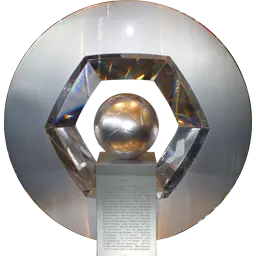
Vice-Champion French Championship x1
- 1939 (Olympique de Marseille)
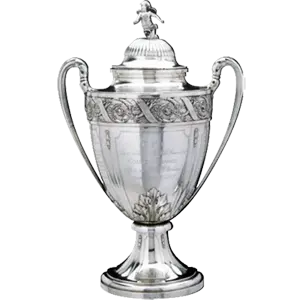
Finalist French Cup x1
- 1954 (Olympique de Marseille)
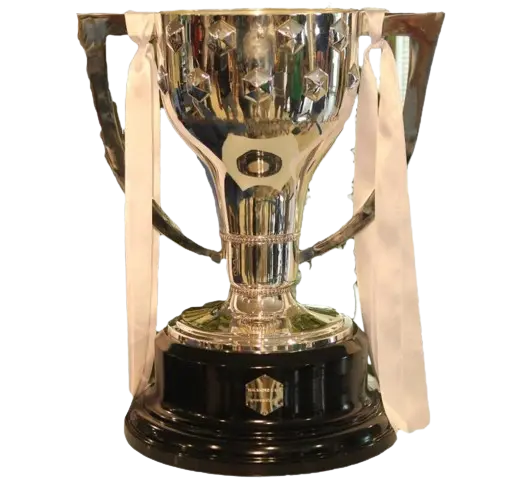
Liga x2
- 1950 (Atlético Madrid)
- 1951 (Atlético Madrid)
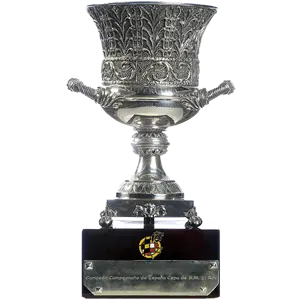
Supercopa de España
- 1951 (Atlético Madrid)
Individual Trophies :
- Posthumously awarded the FIFA Order of Merit in 1998